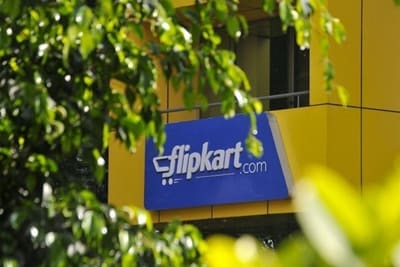India’s largest online retailer Flipkart is set to implement a low-cost delivery channel across major cities this year. The company, which had piloted a low-cost delivery model in select cities last year, is now gearing up to scale it up over 50 cities in an effort to reduce its logistics cost and bring down pressure on its delivery network.
The new delivery model, once implemented, will constitute about 20% of its total deliveries on daily basis, Flipkart sources said.
The alternative delivery channel comprises of kirana stores, large apartment complexes and tech parks, where Flipkart is looking to appoint last-mile delivery agents so as to meet customer demands quickly. For example, Flipkart will deliver packets at a kirana store, which will in turn be either picked up by customers on their own at a convenient time or delivered to their doorstep by the store owner depending on the convenience. This model has helped Flipkart improve its last mile connectivity at a far lesser cost, sources said.
You may also like to watch:
[jwplayer qkMOUaDo]
This way Flipkart can get a large number of parcels delivered by one or two kirana stores at a nominal commission as against paying salaries to a large workforce or delivery boys. Typically, delivery boys are paid a salary of R9,500 to R12,000 depending on their level of experience. Flipkart’s delivery team, irrespective of whether they work directly or through third party agents, get all benefits including incentives just as regular employees.
Currently, Flipkart’s logistics arm Ekart ships around 5,00,000 packets per day including the third party logistics companies. During the festival season, the number goes up to as high as 8,00,000 parcels a day. The cost of logistics at Flipkart is 30% lesser than the competition as it uses a mix of different delivery models such as its own logistics arm and third party logistics firms. Flipkart also uses third party logistics firms like Bluedart, Delhivery and Ecom Express.
Although Flipkart did not reveal its cost of logistics, the typical cost of delivering a half kilo packet is pegged at R45 to R55, analysts tracking the sector said.
“We have tested the alternative delivery mechanism across 30 cities in India last year. The experience we have gained from this pilot has given us very good result and helped us cut down our logistics cost significantly. We are now doubling the number of cities in 2017,” Flipkart sources said.


